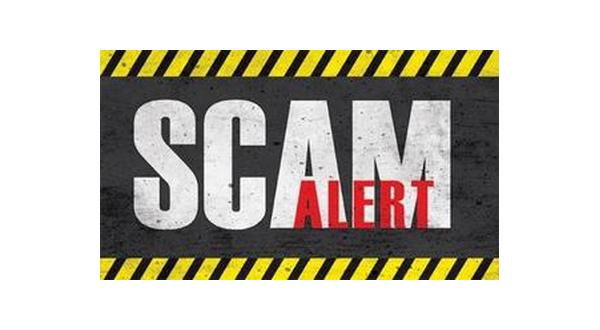
Three area residents have contacted KTLO, Classic Hits 101.7 and The Boot news last week to report telephone calls involving scamming attempts.
Two of the residents from Bull Shoals reported Friday having received calls from individuals claiming to be acting on behalf of the Publishers Clearing House prize patrol. In both cases, those receiving the calls were asked to obtain a MoneyGram at Walmart to cover the taxes on the alleged winnings, one for $2,500 and the other for $1,950.
The Federal Trade Commission reports, along with Publishers Clearing House, having received many reports similar to those reported locally.
The FTC advises scammers call, claiming youve won the sweepstakes but, to collect your prize, you need to send money to pay for so-called fees and taxes.
Paying to collect a prize is a scam–every time. And scammers like to ask for money to be sent by Western Union or MoneyGram or by getting a prepaid card or gift card. Why? Because its nearly impossible to trace that money and youll almost never get your money back.
The FTC advises Publishers Clearing House will never ask for a fee to be paid to collect a prize. In fact, no legit prize promoter will ever charge someone to win.
If anyone calls asking you to pay for a prize, hang up and report it to the FTC. Never send money to collect a prize. Its a scam. And heres another insider tip: Publisher’s Clearing House doesnt call ahead to say youve won.
The third local individual reporting a scamming attempt says he received a call from an individual claiming to be from the IRS. The individual was advising funds should be sent in order to avoid his assets being seized.
The IRS notes a sophisticated phone scam targeting taxpayers has been making the rounds throughout the country. Callers claim to be IRS employees, using fake names and bogus IRS identification badge numbers. They may know a lot about their targets, and they usually alter the caller ID to make it look like the IRS is calling.
Victims are told they owe money to the IRS and it must be paid promptly through a gift card or wire transfer. Victims may be threatened with arrest, deportation or suspension of a business or drivers license. In many cases, the caller becomes hostile and insulting. Victims may be told they have a refund due to try to trick them into sharing private information. If the phone isn’t answered, the scammers often leave an urgent callback request.
Those who think they may have been the target of a scam may contact local law enforcement, the Arkansas Attorney General’s Office, and/or the Federal Trade Commission.
WebReadyTM Powered by WireReady® NSI










